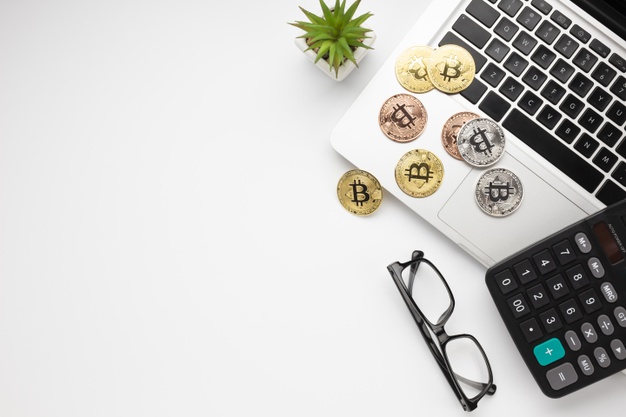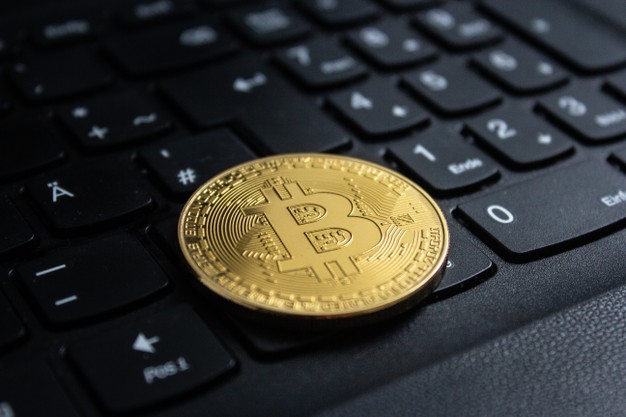
Bitcoin is the technology currently used in place of money – an invention that has been made even more popular as a result of a solution procured by this digital age to solve a primitive human issue – how to move the economy across time and space. For a complete understanding of bitcoin, it is imperative to be acquainted with the concept of money, and to do this, one must understand the history of money.
Money

Back then, the easiest way to exchange value was to swap goods with one another. In a community of a small number of people where familiarity is prevalent, this form of barter can be successful. However, in this present age of diversification, where people transact with strangers, there is a need for a tool that serves as a medium of exchange (of goods, services, properties, and lots more). Hence, the need for money. That is, it is a good that is purchased, not to be consumed, nor employed in the manufacture of other goods, but rather, for the sake of being exchanged to acquire other commodities.
The salability of money across time refers to its ability as a store of value. That is, its holder can store wealth in it for the future. Furthermore, government financial policy has transformed the monetary reality across the globe. The influence of the government – as a central financial system that decides the distribution of money through its banking system – has never been greater. This immense dependence is the cause of inflation, corruption, profiteering, and policies, all of which are detrimental to economic well-being.
From the use of animals, gold, silver, the government’s gold-backed money, and eventually to the universal use of government tender, every step in the monetary evolution has added benefits, but also several difficulties.
Bitcoin as a Digital Cash

The rise of global telecommunication, from the creation of the first programmable computer system in the 1950s, has helped to solve age-old human problems. While government fiat money is still very much in use, the rise of the digital world is gradually shifting the attention of the world to a new form of digital cash. The first true solution to the global issue of money is Bitcoin. At the time of this writing, Bitcoin has operated for 12 years, and it keeps providing convincing solutions to the problem of money. It offers individuals control over a form of money that is immune to deflation and inflation, while also exhibiting its salability across time, space and scale. Indeed, it is considered by many as the currency for the future.
The need for a third party – which comprises a central body, credit card, debit card, wire transfers, cheques, and more innovations – in the conventional monetary transaction is not found in Bitcoin transactions. Third-party intermediaries are needed to prevent the issue of double-spending. That is no one can be entirely trusted with his funds. However, the Bitcoin network has a way of solving this.
There are certain disadvantages in transacting through a third party that make digital cash a fascinating option. Trusting an extra party in a transaction exposes it to the risk of theft or technical failure. Furthermore, involving an intermediary can also open the possibilities of bans, scrutiny, and other involvement of political authorities. In other words, trusting third-party intermediary subjects the transaction to the risk of political authorities stopping it under the ruse of terrorism, theft, and money laundering.
Additionally, while the intermediated payment is compromised by the aforementioned shortcomings, these drawbacks are not present in physical cash transactions. However, as more employment and transaction takes place over long distances, the possibility of physical presence is significantly reduced. The move towards a digital cash system – hence, Bitcoin – is a way of resolving the problem of money and its transaction.
Bitcoin as a Store of Value

The concept of scarce and limited resources is a general misunderstanding. The total quantity of raw materials on earth is enormous and is so boundless to even comprehend. This does not, in any way, constitute the real limit. The actual is the time invested towards exploiting the overwhelming abundance of nature.
For the first in history, man has resorted to a commodity that is “strictly limited”. That is, there are no technical possibilities of increasing the supply of bitcoin to match the increase in its demands. Therefore, the increase in its adoption can only be matched by the appreciation of its value and supply. Also, there is always room for further division of a bitcoin as its value keeps appreciating.
Statistically, in terms of stock-to-flow ratio, Bitcoin is predicted to overtake gold by 2025. This creates a form of asset that is adequate for storing value. Furthermore, the inflexible financial supply of Bitcoin makes it the best option in storing value produced in a limited time. That is, as mentioned earlier, for a commodity that appreciates so staggeringly, Bitcoin is the most affordable way to “buy the future” as it cannot be debased no matter the extent of the rise in its value.
Individual Sovereignty

Perhaps the most important benefit of bitcoin is the ability of its users to transfer large amounts of value across the planet without the permission of any institution. Its value is not dependent on any physical entity anywhere across the globe. That is, it cannot be destroyed, stopped, or confiscated by any political or criminal presence anywhere in the world.
The significance of this is that the influence of a central banking system is gradually diminishing. Many people store their value in form of Bitcoin on reputable platforms like Yuan Pay Group – therefore, giving them control over their funds. Bitcoin is also trying to correct the imbalance of power, whereby the government appropriates money to central banks, hence, rendering people reliant on them for survival.
Conclusively, the evolution of financial transactions – from barter to the use of gold and silver, and eventually to the use of tender – has made diversification possible. However, its downsides are being corrected by the emergence of the digital cash system, the first of which is the self-sustaining Bitcoin.












